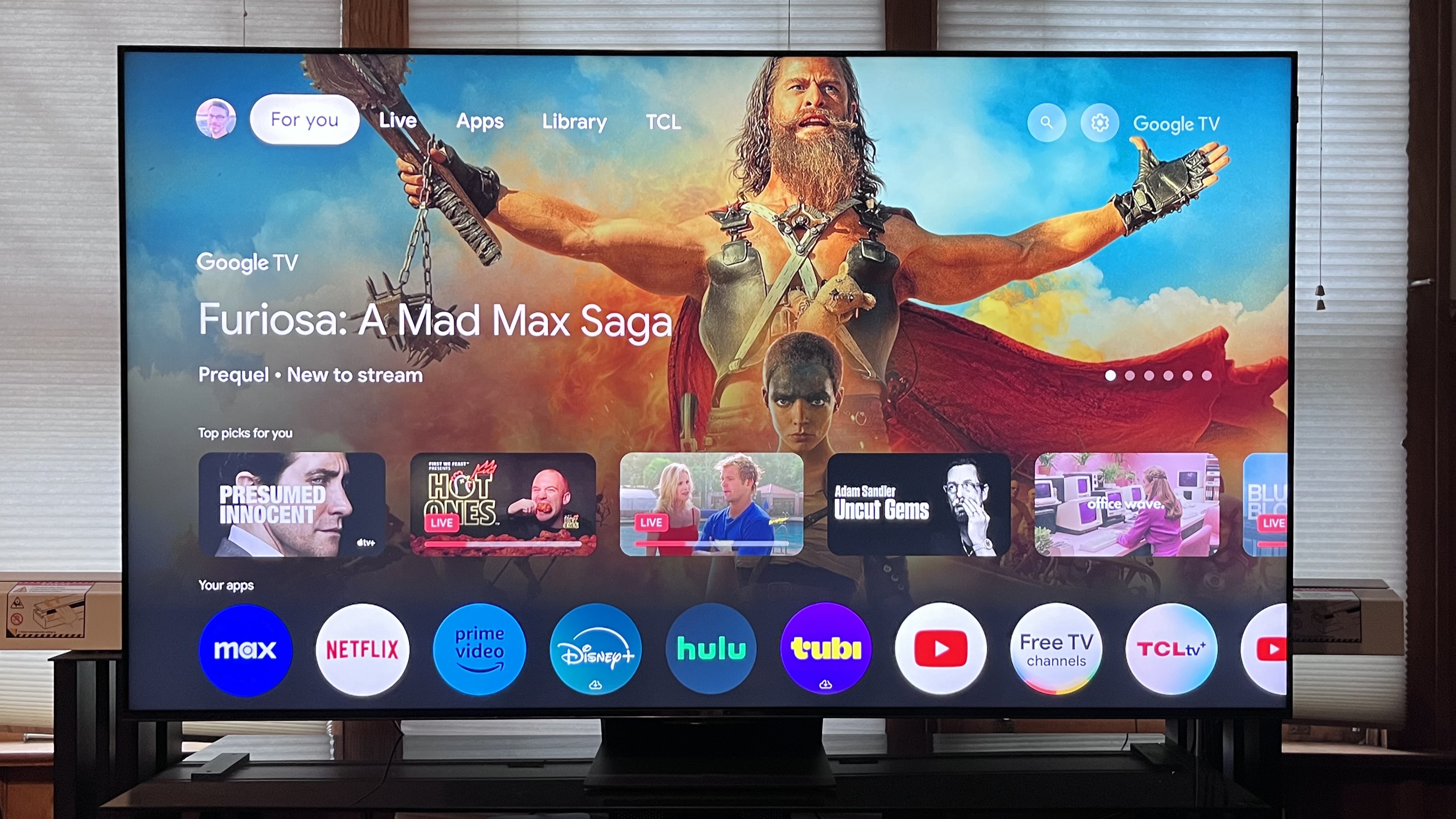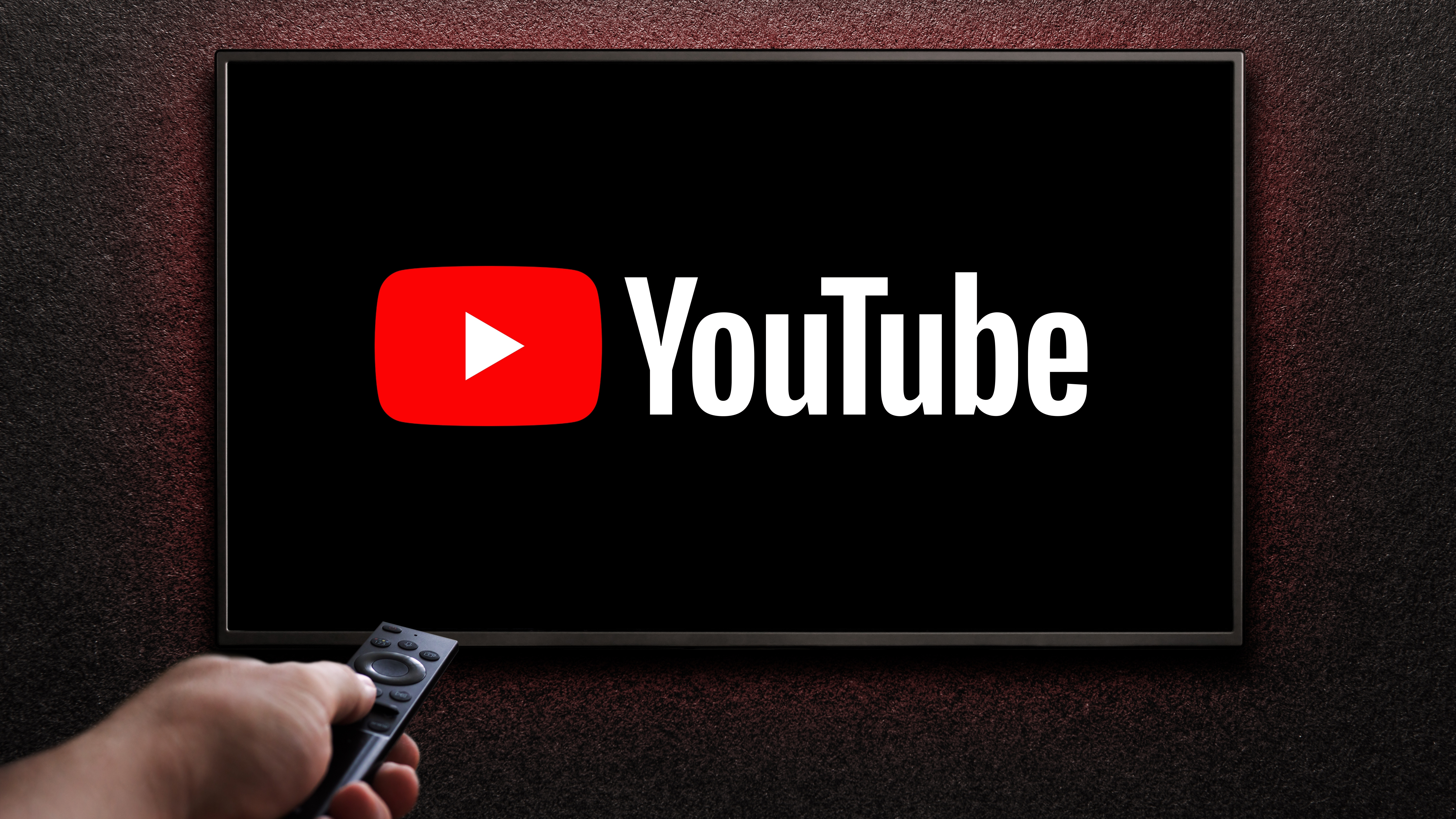Eclipsa Audio, the new Dolby Atmos competitor, is coming to Google TV sets and LG TVs – but we're still missing the most important news
Where can you hear it?

- Google and Samsung's Atmos rival, Eclipsa, is coming to LG and Google TVs
- The 3D audio format will be baked into Android 16 too
- No support from any streaming services except YouTube so far
There’s a new 3D audio format in town, but when will TV owners get to hear it?
While informed listeners may know their way around Dolby Atmos, DTS:X or even the Auro-3D format coming to Nvidia Shield devices, Eclipsa is a new open-source 3D audio format developed by Google and Samsung.
Imagined as a competitor to Dolby Atmos – much like how Samsung’s HDR10+ picture format rivals Dolby Vision – Eclipsa was formally unveiled at CES 2025 and confirmed to launch in all 2025 Samsung TVs and soundbars.
Speaking to FlatpanelsHD, Google representatives confirmed that Eclipsa will be baked into the Android 16 operating system, meaning it will get support on Google TVs and other smart TV makers that use the Android OS, such as Hisense, TCL, Sony and Philips TV. Beyond that, the aim is to get Eclipsa Audio running on mobile devices and web browsers, alongside AV receivers. FlatpanelsHD also reports that support will come to webOS, used on LG TVs.
But the question remains: where and how will anyone access Eclipsa-coded audio?

The waiting game
Eclipsa is channel-based, meaning it ties sound sources to specific channels (like in a 2.0 stereo or 5.1 surround-sound setup) rather than individuating each sound source (as in the object-based Dolby Atmos format). However, Eclipsa supports 'up to 28 input channels' according to FlatpanelsHD, so there's more than enough information to create a convincing 3D soundspace for home listening. While it trades a little flexibility, and specificity of location, it’s also somewhat easier to deploy and recreate consistently.
Given Google’s involvement, Eclipsa Audio is being angled as a multipurpose 3D audio format that can roll out across its massive network of Android devices for any audio source, even humdrum YouTube videos, rather than focusing primarily on high-end entertainment output like movies, TV shows, music and games. YouTube creators will apparently be able to upload Eclipsa-coded content later in 2025.
Get daily insight, inspiration and deals in your inbox
Sign up for breaking news, reviews, opinion, top tech deals, and more.
In a blog post detailing the new format, Google says that “spatial audio technologies were first developed over 50 years ago, and playback has been available to consumers for over a decade, but creating spatial audio has been mostly limited to professionals in the movie or music industries. That’s why Google and Samsung are releasing Eclipsa Audio, an open source spatial audio format for everyone.”
However, 3D audio formats generally have been pushed on high-end TV models and major TV streaming services, with interest driven by cinephiles/audiophiles eager to improve their home theater experience with more immersive sound. It's not clear, either, whether YouTube creators will feel incentivised to start creating content in the new format en masse.
As FlatpanelsHD notes, the Atmos-minded Netflix has yet to voice its support, despite its involvement with Google and Samsung in the Alliance for Open Media (AOM), and Google reps couldn’t comment on Apple’s plans for its tvOS or iOS platforms either.
The notion of open-source 3D audio is very appealing, especially if it does improve the kind of everyday audio experienced through Android smartphones and tablets, or through the YouTube app. But it’s going to be hard to shout about Eclipsa until some major players in the field – and content creators on the ground – actually decide to get involved. A format on the best TVs and best soundbars does no good if there's nothing to watch.
You might also like
Henry is a freelance technology journalist, and former News & Features Editor for TechRadar, where he specialized in home entertainment gadgets such as TVs, projectors, soundbars, and smart speakers. Other bylines include Edge, T3, iMore, GamesRadar, NBC News, Healthline, and The Times.
You must confirm your public display name before commenting
Please logout and then login again, you will then be prompted to enter your display name.
